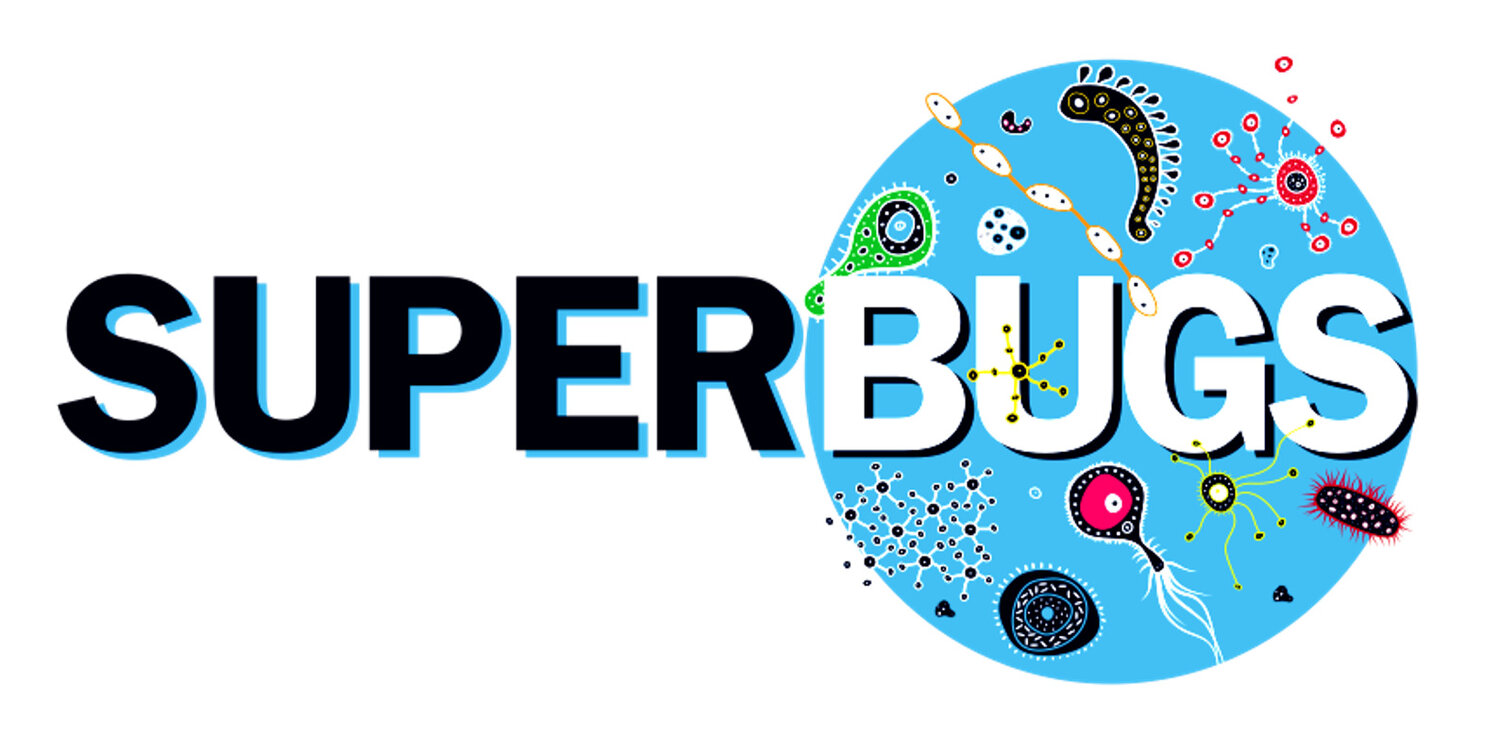
Being a Microbiologist
Jonathan Tyrrell, Lecturer in Microbiology & Infectious Diseases at Swansea University

Why did I become a microbiologist?
I have always loved the natural world. How evolution led to diversity, the successes, the dangers that make up the intricate web of relationships between all living things. I grew up watching every documentary TV had to offer, reading every magazine and factual book I could get my hands on. Book series like Animals of Farthing Wood (by Colin Dann) and Redwall (by Brian Jacques), allowed me to add my own sense of wonder and imagination to nature — these are two of my all-time favourite book series and I would still recommend them to all of you!
So when I realised that there was no money to be made in being a Welsh Indiana Jones, I knew that I wanted to work with nature in some capacity. After focusing on the sciences in school and college, I went to Cardiff University to study Biology, with the aim of specialising in Zoology and eventually, evolutionary biology.
Whilst there I studied a module on Microbiology, and to be honest, it blew my mind! This hidden microscopic world, made up of millions, billions, even trillions of individuals, that we can’t see, in many cases don’t know they are even present, but play a really important role in how we as humans, but also all the environments of Earth, work. I was immediately hooked.
Microbiology is basically the study of small things. Microscopic things that we can’t see with our naked eye. And my interests fell on bacteria. Why? Because bacteria allow you to see evolution in real time. Normally people think of evolution as something that happens over millions of years. Think of the dinosaurs, or us. But it’s not the length of TIME that’s really important. Evolution happens over thousands and millions of GENERATIONS, so it is the length of these generations that decide how quickly evolution happens.
For example — one generation for humans is about 20-25 years. So a thousand generations for humans will take about 20,000 years. A generation for bacteria however is only about 20 minutes, which means for bacteria, a thousand generations takes about 330 hours, or just under two weeks! So with bacteria growing through generations so much more quickly, they can evolve more quickly. And because of this we can see evolution happening over a much shorter time. Rather than millions of years, just a couple of days. Sometimes even overnight!
What do I do as a microbiologist?
My work is focused on studying and understanding antibiotic resistance in bacteria — how they become resistant, how it spreads, and what we can do to fight the spread of resistant infections. I don’t want to go into too much detail, as you will find out all about this as you explore this website (with more information to come in future weeks/months!).
One big interest of mine is to find out what the impact of antibiotic resistance is on bacteria. Just because a bacterium becomes resistant doesn’t mean it becomes a ‘better’ pathogen, or indeed better at causing infection.
I am able to use a particular type of experiment called an ‘infection model’, to measure how good bacteria are at causing infection. In short, you infect your chosen animal, and measure how unwell they become. My chosen animal are the larvae of the wax moth ‘Galleria mellonella’ (see video).
Being an academic is great because every day is completely different. One morning I will be in the lab carrying out research on antibiotic-resistant bacteria. That afternoon I could be running a workshop or lecture for microbiology students. The next day, I could be analysing data and writing scientific papers, or designing new tools of public engagement, just like the website you are visiting now! And the next day, packing a bag to travel around the world to meet fellow scientists and speak at conferences.
It really is a career of great variation!

